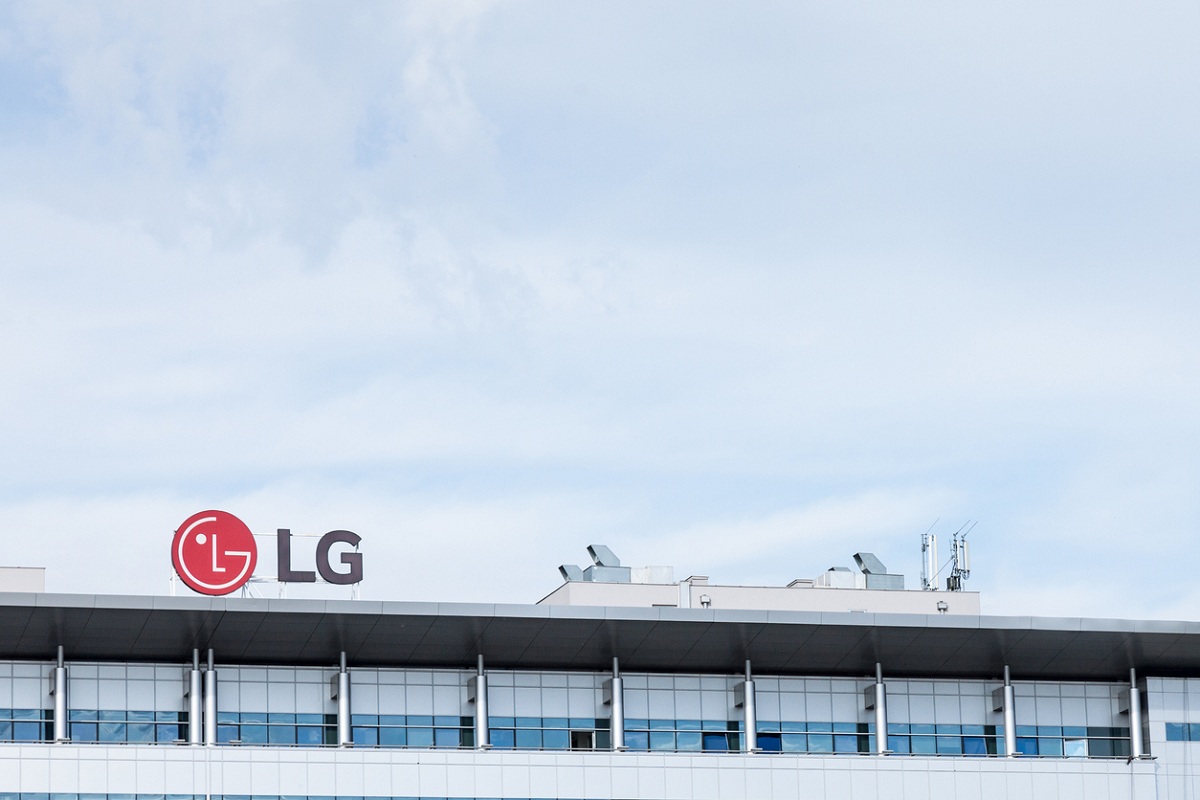South Korean battery stocks plunged on Friday on reports that President-elect Donald Trump’s transition team plans to scrap the $7,500 tax credit for EV purchases as part of broader tax legislation.
Trump campaigned on ending the consumer tax credit, a key part of President Joe Biden’s Inflation Reduction Act (IRA). And the transition team said Trump would keep his pledges, according to earlier news reports.
Advertisement
The news added to woes of local EV battery stocks already struggling with the EV “chasm,” which occurs before the widespread adoption of all-electric vehicles, reports Yonhap news agency.
LG Energy Solution, the country’s leading car battery maker, slumped 12.09 percent to 371,000 won, No. 2 maker Samsung SDI retreated 6.81 percent to 246,500 won, and SK Innovation, which owns an 89.52 percent stake in No. 3 firm SK On, shed 6.43 percent to 96,100 won.
The broader Korea Composite Stock Price Index, or KOSPI, only slipped 0.08 percent. Battery materials shares also suffered declines.
POSCO Future M plunged 9.5 percent to 167,600 won, while EcoPro Materials plummeted 15.06 percent to 89,700 won, and L&F dipped 11.04 percent to 97,500 won.
The IRA, signed into law by the Biden government in August 2022, offers up to $7,500 in tax credits to each buyer of a new EV that was assembled in North America and made with minerals mined and processed in the U.S. or countries and regions that have free trade agreements with Washington.
Meanwhile, South Korea is closely monitoring potential changes to U.S. policies on electric vehicles (EVs) under the incoming Donald Trump administration, but no change has been confirmed, the industry ministry said.
The Ministry of Trade, Industry and Energy made the statement after a Reuters report suggested that Trump may be seeking to end the up to US$7,500 consumer tax credit program for EV purchases, a key component of President Joe Biden’s Inflation Reduction Act (IRA).
“The government is closely monitoring policy trends in the new U.S. administration. The abolition of the IRA is an issue that has not been confirmed,” the ministry said in a released statement.
“The government has been maintaining close communication with businesses and reviewing various scenarios to prepare for uncertainties,” it added, noting it will also continue close consultations with the U.S.
